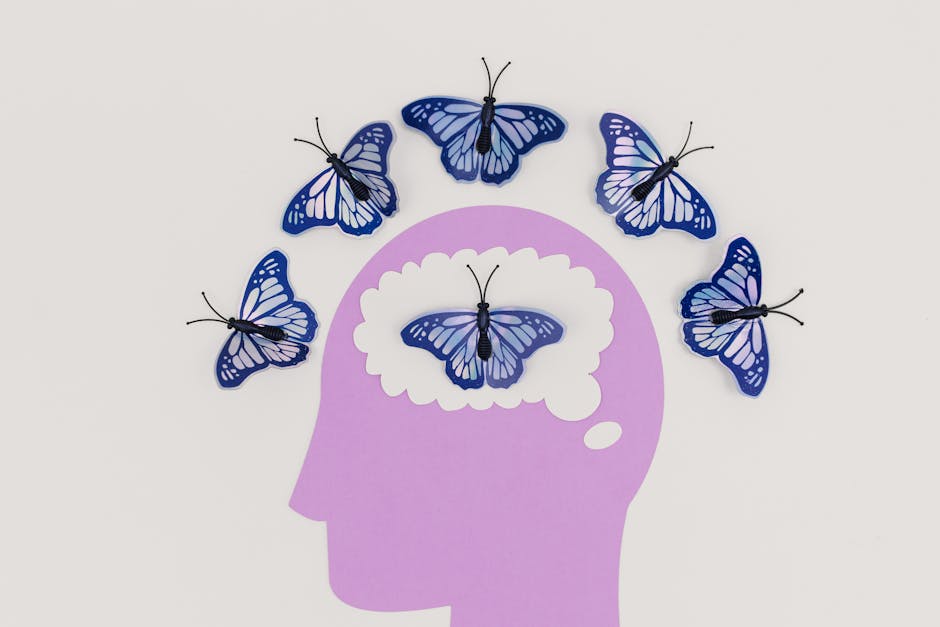
The Psychology of Art
Art has the power to evoke emotions, stimulate our senses, and ignite our imagination. It serves as a medium of expression, enabling artists to convey their thoughts, ideas, and experiences. But have you ever wondered why certain artworks captivate us while others leave us indifferent?
Understanding the psychology of art helps us unravel the mysteries behind our aesthetic preferences and emotional reactions towards various artistic forms. Art and psychology share a profound connection, as both delve into the realm of human emotions, behaviors, and perceptions.
1. The Psychology of Color and Art
Colors have a significant impact on our psychological state and can evoke particular emotions. Explore how artists strategically use colors to create mood and convey meaning in their artwork.
2. The Power of Art: Healing and Therapy
Art has therapeutic qualities and can be used as a powerful tool in various forms of therapy. Discover the healing potential of art and explore how it can enhance well-being and contribute to mental health.
3. The Psychology of Art and Perception
Our perception of art is not solely based on what we see but also influenced by our preconceived notions, cultural background, and personal experiences. Dive into the fascinating world of art perception and understand how our minds make sense of what we see.
4. The Emotional Impact of Art
Art has the power to elicit a wide range of emotions, from joy and awe to sadness and anger. Explore how artists communicate and evoke emotions through their artwork, and the profound impact it can have on our emotional well-being.
Art plays a vital role in shaping society and reflecting cultural, social, and political dynamics. Discover how art has the potential to challenge, inspire, and bring about social change.
Art and psychology have a symbiotic relationship that continuously influences and enriches one another. By delving into the psychology of art, we gain insights into our own emotions, perceptions, and cultural influences. Whether you're an artist or an art enthusiast, exploring the interplay between art and psychology opens up a world of fascination and self-discovery.
